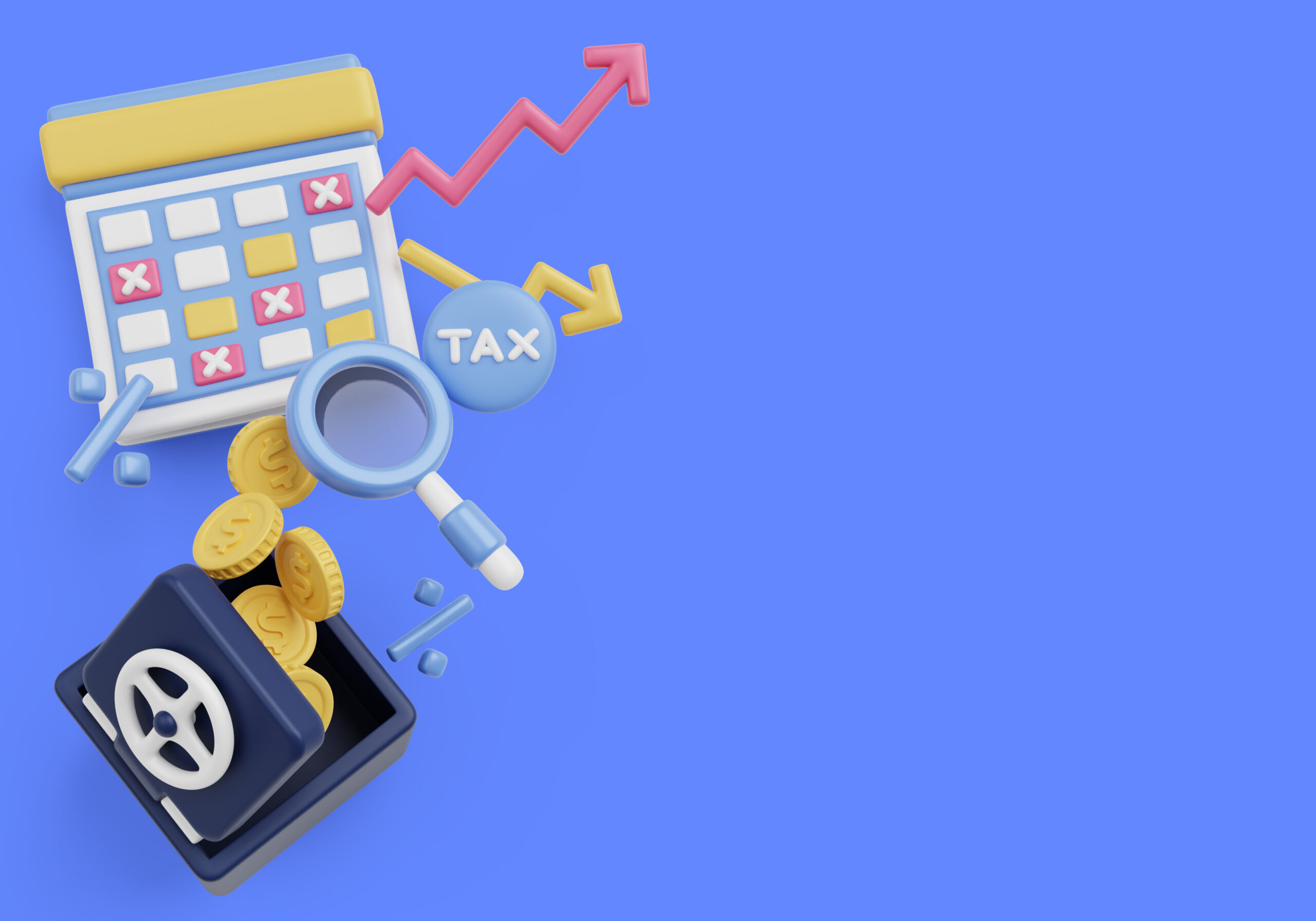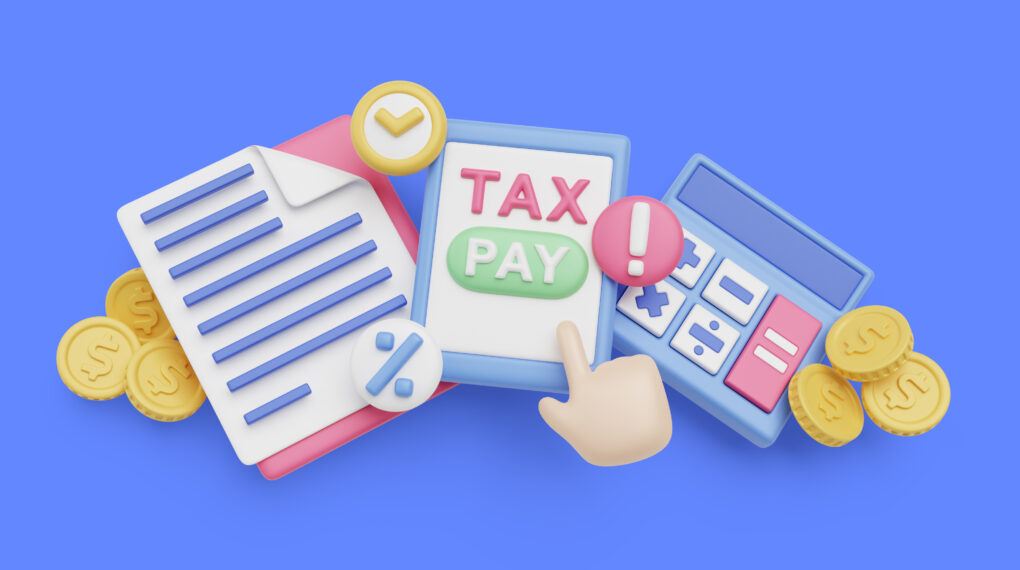Paying taxes as an expatriate in Indonesia involves understanding your residency status, the types of income tax applicable, and the filing procedures. Here’s a detailed guide:
Determining Tax Residency Status

Your tax obligations in Indonesia depend on your residency status:
- Resident Taxpayer: You are considered a resident taxpayer if you meet one of the following criteria:
- You live in Indonesia for more than 183 days within 12 months.
- You stay in Indonesia within a tax year and have the intention to reside in Indonesia. This intention can be proven by documents such as a Permanent Stay Permit Card (KITAP), Limited Stay Visa (VITAS) or Permit (ITAS) valid for more than 183 days, employment contracts longer than 183 days, or a residence rental contract.
- Non-Resident Taxpayer: If you do not meet the criteria for a resident taxpayer, you are considered a non-resident taxpayer.
Types of Income Tax
As an expatriate, you will primarily be concerned with Individual Income Tax (PPh 21).
- Resident Taxpayers: Taxed on their worldwide income, meaning income earned both in Indonesia and abroad. However, there are exemptions for foreign income not remitted to Indonesia and potential exemptions under double tax agreements. For the first four years of residency, foreign experts, investors, and researchers may be taxed only on Indonesian-sourced income if they meet specific skill requirements and knowledge transfer obligations.
- If you do not have a Taxpayer Identification Number (NPWP), an additional 20% surcharge is applied to these rates.
- Non-Resident Taxpayers: Taxed only on income sourced from Indonesia. A final flat rate of 20% is generally applied to this income, unless a tax treaty between Indonesia and your home country specifies a different rate.
Other Taxes to be Aware Of (if applicable):
- Value Added Tax (VAT): Generally, 11% (increasing to 12% in 2025) on taxable goods and services. You may need to register for VAT if you own a business in Indonesia.
- Corporate Income Tax: If you run a business in Indonesia, the standard rate is 22% (as of 2024). Smaller enterprises (SMEs) with annual revenues below IDR 4.8 billion may be subject to a final income tax of 0.5% of their gross turnover.
Obtaining a Taxpayer Identification Number (NPWP)
To pay and report taxes in Indonesia, you need to obtain an NPWP. You must register at the Tax Service Office in your city of residence. For Jakarta expats, registration is typically at the Tax Office for Foreign Bodies and Expatriates (KPP BADORA).



